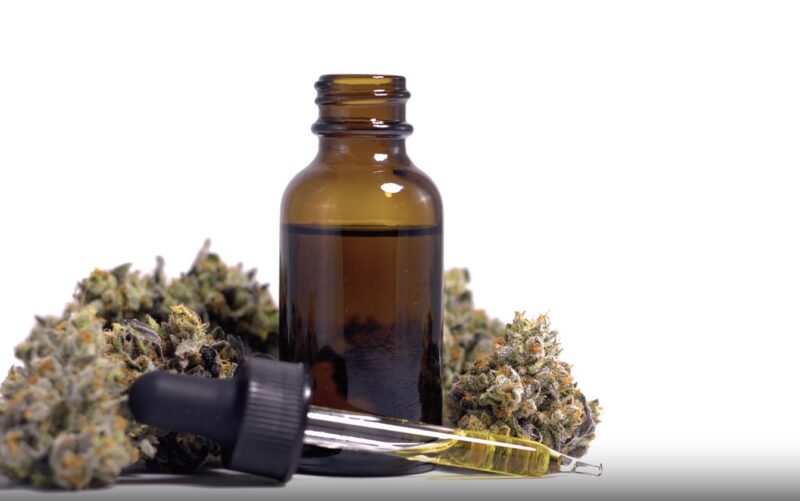The topic of CBD legality in North Carolina is of growing interest, especially as the landscape of cannabis and hemp laws evolves across the United States. CBD, or cannabidiol, is a compound found in cannabis plants, but unlike its counterpart THC (tetrahydrocannabinol), it does not produce a psychoactive effect.
This distinction is crucial in the legal context, as THC is often associated with the intoxicating properties of marijuana. In North Carolina, the legal status of CBD has been shaped by both state and federal laws, reflecting a balance between regulatory oversight and the growing acceptance of CBD’s potential benefits.
That is why it is important to take a look at the legal framework surrounding CBD, helping residents and interested parties navigate the complexities of CBD usage, purchase, and regulation in the state.
Legal Status of CBD in North Carolina
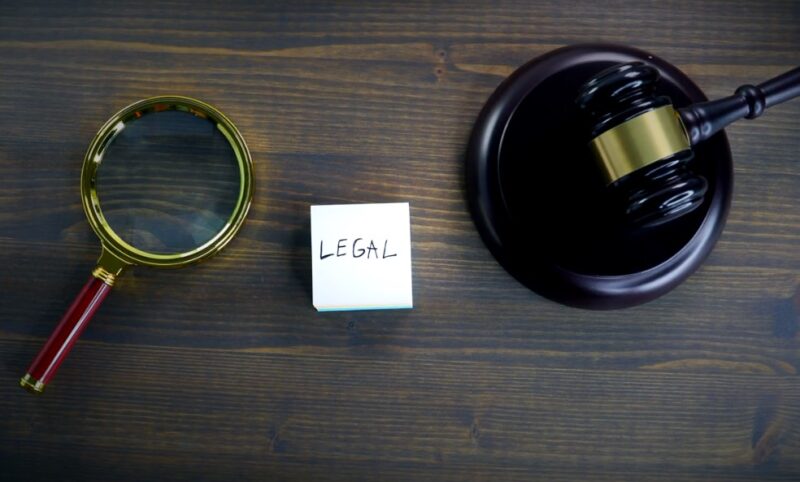
The legal status of CBD in North Carolina is a nuanced topic, shaped by a blend of state-specific regulations and federal guidelines. Understanding these laws is crucial for anyone looking to use or sell CBD products within the state.
State and Federal Guidelines
In line with federal law, North Carolina permits the sale and purchase of CBD oil as long as it contains less than 0.3% THC, the psychoactive compound found in marijuana. This threshold is critical as it distinguishes legal hemp-derived products from those derived from marijuana.
Special Provisions for Epilepsy Patients
The state has made an exception for hemp extracts containing less than 0.9% THC and at least 5% CBD by weight. However, this is specifically for registered patients with intractable epilepsy or their caregivers, under the state’s controlled substances therapeutic research program.
Key Legislation
Established in 2014, this bill marked a significant step in North Carolina’s approach to medical cannabis. It legalized the use of hemp extracts for treating drug-resistant epilepsy in children, acknowledging the potential therapeutic benefits of cannabinoids.
2018 Farm Bill Impact
The federal Agriculture Improvement Act of 2018, commonly known as the 2018 Farm Bill, further shaped the legal landscape. It legalized the broader cultivation and use of hemp at the federal level, provided it meets the THC concentration limits. This act has had a significant impact on the hemp industry in North Carolina, expanding the legal framework for hemp cultivation and the production of CBD products.
Cultivation and Production
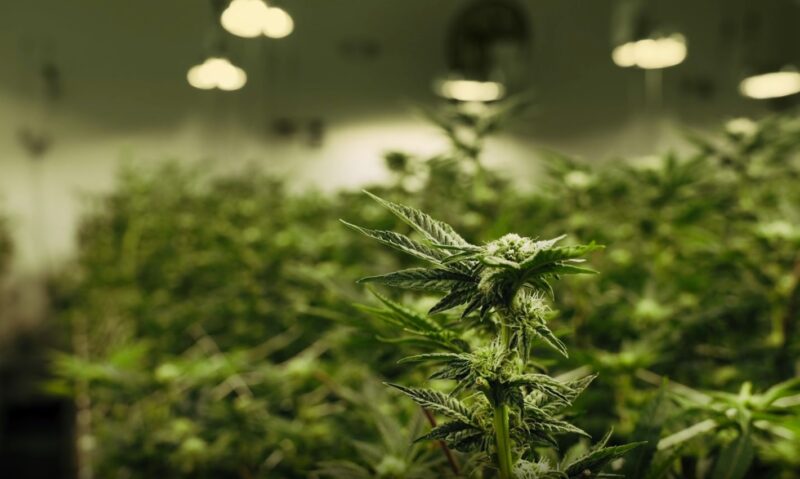
Following the 2018 Farm Bill, North Carolina has seen a growth in hemp cultivation. Farmers interested in growing hemp must adhere to state and federal regulations, including obtaining the necessary licenses and ensuring their crops do not exceed the legal THC limits.
CBD Product Production
The production of CBD products in North Carolina must comply with both state and federal guidelines. This includes ensuring products are derived from legally grown hemp and contain THC levels within the legal threshold.
Types of Legal CBD Products

The market for CBD products has expanded significantly, offering a variety of options for consumers interested in exploring the benefits of CBD. However, the legality of these products hinges on their adherence to state-mandated THC concentration requirements.
Understanding these legal stipulations is crucial for consumers to ensure compliance and make informed choices.
| Type of CBD Product | Description |
|---|---|
| CBD Oils and Tinctures | Popular forms used sublingually for fast absorption. Available in various concentrations and flavors. |
| Topicals | Creams, balms, and lotions applied to the skin, often for localized relief. Preferred for non-systemic effects. |
| Capsules and Pills | Convenient and discreet, offering precise dosage. Easy to integrate into daily routines. |
| Edibles | Gummies, chocolates, and beverages providing controlled dosage. Effects manifest slower than oils/tinctures. |
Legal Requirements
The legal requirement in North Carolina is that CBD products must be derived from hemp and contain THC levels below 0.3% for general products. For registered epilepsy patients, products can contain up to 0.9% THC. This distinction is critical, as products exceeding these THC limits are considered illegal.
| Consumer Awareness Aspect | Details |
|---|---|
| Source and Composition | Importance of buying from reputable sources with transparent information on CBD content and THC levels. |
| Product Quality and Legality | Seek products with third-party testing for unbiased verification of contents and legal compliance. |
| Educated Decisions | Understanding benefits and limitations of CBD products and staying informed about legal changes in North Carolina. |
Age Restrictions and Purchase Requirements
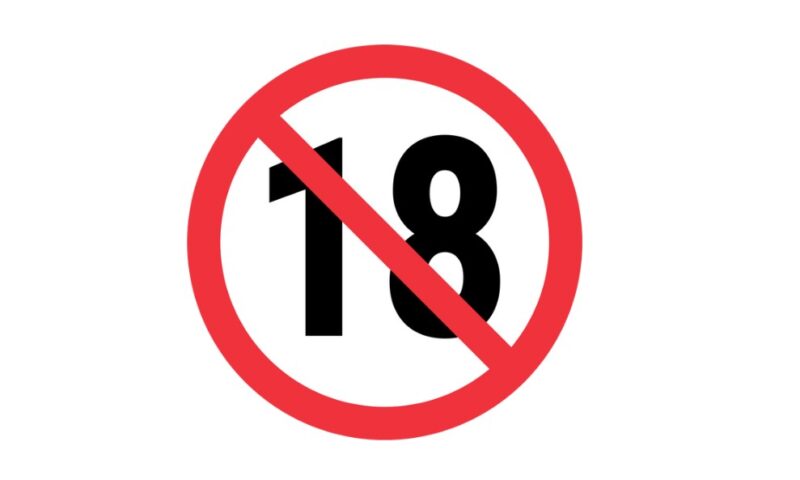
Individuals must be over the age of 18 to legally purchase hemp-derived CBD products, which is different from the federal level. This age restriction is part of the state’s regulatory measures to control the accessibility of CBD, particularly considering its association with cannabis. The state explicitly prohibits the sale of marijuana-derived CBD products.
For retailers and consumers alike, it’s important to adhere to these age restrictions to ensure compliance with state laws. Retailers should verify the age of purchasers, and consumers should be aware that providing CBD products to minors could result in legal repercussions.
These regulations are in place to ensure the responsible use and distribution of CBD products within the state.
CBD and Employment Considerations

The use of CBD products in North Carolina can have implications in the workplace, particularly concerning drug testing policies. While CBD itself does not show up on standard drug tests, which typically screen for THC, the trace amounts of THC in some CBD products could potentially lead to positive test results.
This is a significant consideration for employees in industries that require regular drug testing.
Employers need to be aware of the legal status of CBD and consider how their drug testing policies align with state laws. It’s advisable for employees who use CBD products to inform their employers and discuss the potential implications.
Clear communication and understanding of company policies are crucial to avoid misunderstandings or legal issues related to CBD use in the workplace.
Regulations and Compliance
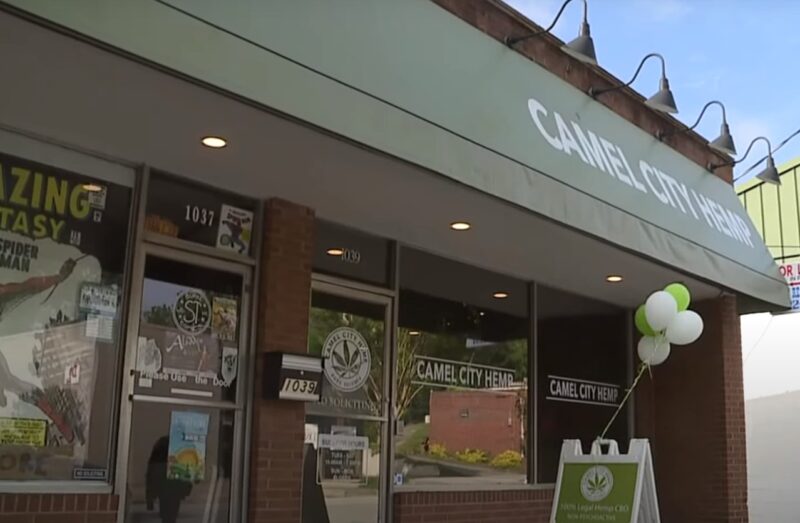
The regulatory landscape for CBD in North Carolina involves several key aspects, including cultivation, processing, and sale of CBD products. Under the state’s Industrial Hemp Pilot Program, individuals seeking to cultivate or process hemp must obtain appropriate licenses.
This program outlines specific research purposes for hemp cultivation and requires applicants to address these in their applications.
The licensing process involves paying annual fees, providing evidence of income from farming operations, and complying with various regulatory requirements.
These include maintaining records, notifying authorities of changes in operation, and allowing inspections by the North Carolina Department of Agriculture and Consumer Services (NCDA&CS) and law enforcement.
For retailers, no specific license is required to sell CBD in North Carolina, but they must adhere to local and federal laws, including THC concentration limits and relevant zoning regulations. Compliance with these regulations is essential to operate legally within the state’s CBD market.
CBD Possession Limits
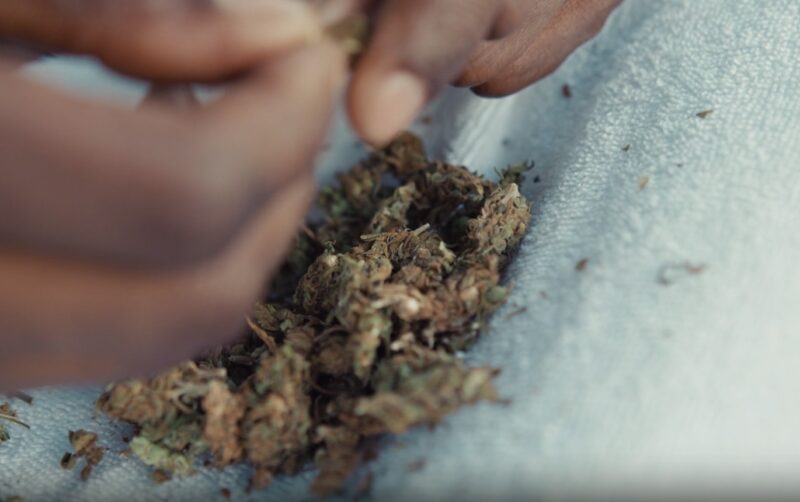
The distinction in possession limits underscores the state’s approach to regulating CBD based on its intended use and the consumer’s medical needs.
It’s important for consumers to be aware of these regulations to avoid legal issues related to possession. While CBD is legal under certain conditions, possessing products that do not meet the state’s legal criteria could result in legal consequences. While possession limits are pretty much the same in most states, like Tennessee and Florida.
Prescription and Medical Use
In North Carolina, doctors cannot prescribe CBD oil in the traditional sense, as it is not a federally approved medication, except for specific FDA-approved drugs like Epidiolex. However, physicians can recommend CBD oil as part of a treatment plan for qualifying conditions, such as intractable epilepsy.
For patients with epilepsy, the state’s pilot study for epilepsy alternative therapy allows access to hemp extracts with higher THC concentrations under specific conditions. This program is limited to patients who have not responded to traditional treatments and requires registration with the state.
FAQs
Are high doses of CBD safe?
Generally, CBD is considered safe, even in high doses, but it can cause side effects like drowsiness or digestive issues in some people. It’s important to consult with a healthcare professional before taking high doses of CBD, especially if you are on other medications.
How potent is THCA?
THCA (Tetrahydrocannabinolic acid) is a non-psychoactive precursor to THC found in raw cannabis plants. It doesn’t produce the “high” associated with THC. However, when heated (decarboxylated), THCA converts into THC, which is potent and psychoactive.
What is the strongest delta type?
Delta-9 THC is typically considered the strongest and most psychoactive delta type found in cannabis. It’s the main compound responsible for the psychoactive effects associated with marijuana use.
Summary
In summary, the legal status of CBD in North Carolina is defined by a combination of state and federal laws. While CBD derived from hemp with low THC levels is legal, consumers and businesses must navigate a complex regulatory landscape.
Understanding the nuances of these regulations is crucial for anyone looking to use, sell, or cultivate CBD products in the state. As the legal landscape continues to evolve, staying informed and compliant remains key to participating in North Carolina’s CBD market.
